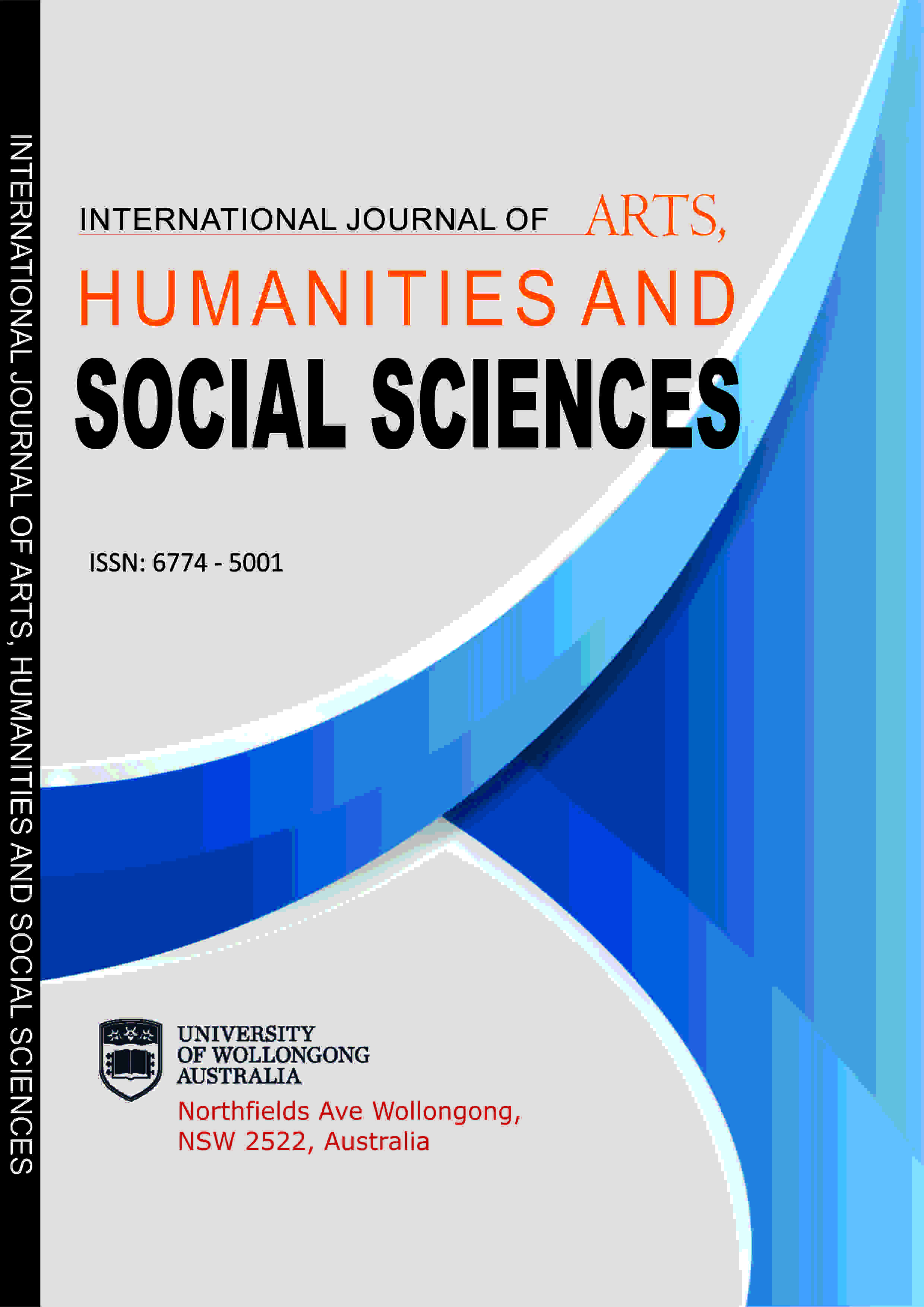INTERNATIONAL JOURNAL OF ARTS, HUMANITIES AND SOCIAL SCIENCES (IJAHSS)
ARTIFICIAL INTELLIGENCE AS A TOOL TO REDUCE GRADUATES' UNEMPLOYMENT NEEDS
E-ISSN: 2579-048X
P-ISSN: 6774-5001
DOI: https://iigdpublishers.com/journals/199
Globally the development of artificial intelligence (AI) skills is emphasised to encourage employment creation for the future. Future generations need digital, creative thinking, problem-solving and entrepreneurial skills for 21st-century careers. High numbers of graduates complete their studies without these skills and often struggle to find employment, which could contribute to low self-esteem andself-actualisation in pursuit of a career. Therefore, a qualitative study was conducted to investigate whether AI could contribute to the reduction of graduates’ unemployment. An online open-ended questionnaire was emailed to 51 unemployed graduates who had graduated from different faculties of the University of Technology in South Africa. The findings detected that unemployed graduates were aware of what AI is, but 30% were not aware that they were using it in their daily lives. The need for practical application of curricula and AI activities should be integrated into higher education courses to develop creative, critical thinking, problem-solving and entrepreneurial skills. Effective training of both educators and students in AI is required. It was also found that the self-esteem and self-actualisation needs of graduates might be impacted negatively by unemployment and that AI might be used to retrain and develop graduates’ skills to address the skills needs of unemployed graduates. Curricula and teaching should be linked to AI activities so that students can stay abreast with the global needs and those of their local community and employ entrepreneurial, critical thinking and problem-solving skills in their study fields.
Mokonyane-Motha Matsie Magdeline & De Jager Thelma
Abbas, J. (2020). Service quality in higher education institutions: qualitative evidence from the students’ perspectives using Maslow hierarchy of needs. International Journal of Quality and Service Sciences, 12(3), 371-384. https://doi.org/10.1108/IJQSS-02-2020-0016.
Abdel-Al Ibrahim, K. A., Zaitoun, Z. S. M., & Ajanil, B. (2022). Unemployment anxiety in light of the coronavirus 2019 pandemic and its relationship to psychological reassurance among graduate students at Prince Sattam Bin Abdulaziz University. Education Research International, 22. https://doi.org/10.1155/2022/1919879.
Agrawal, A., Gans, J., & Goldfarb, A. (2017). What to expect from artificial intelligence. In: MIT Sloan Management Review, 58(3). http://mitsmr.com/2jZdf1Y.
Aleryani, A. Y. (2019). Refutation of artificial intelligence’ myth "Artificial intelligence will ultimately replace human employees" (reality and fiction). International Journal of Digital Information and Wireless Communications, 9(1), 1-7. http://dx.doi.org/10.17781/P002546.
Aluede, O., & Adubale, A. A. (2020). School-based counsellors' role as perceived by Nigerian counsellors. Journal of School-Based Counseling Policy and Evaluation, 2(1), 56-62. https://doi.org/10.25774/ppbt-6k45.
